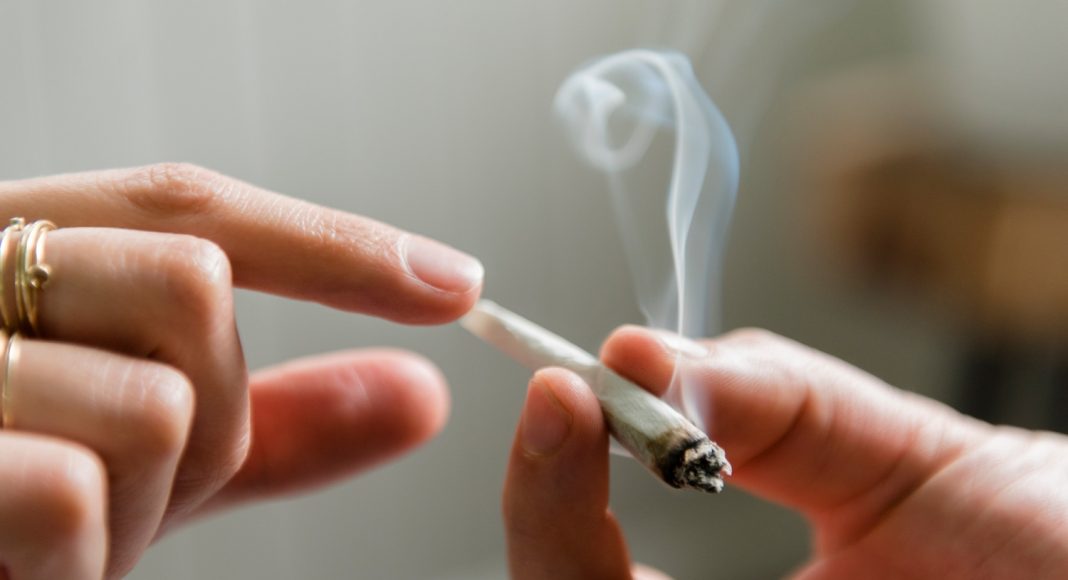Current drug control policies and prohibition are arbitrary, and aren’t based on pharmacological research, rather historic precedent that overly relies upon a presumed ‘good and evil’ distinction between legal and illegal drugs.
When it comes to cannabis reform, lawmakers across the country will often point to lack of empirical research as reason not to legalize or decriminalize the drug. Currently, marijuana’s classification is based on politics, not science. Which means marijuana laws are not based on data or proven information, at least according to a report from the Global Commission on Drug Policy.
The report, which is titled “Classification Of Psychoactive Substances: When Science Was Left Behind,” calls for the reclassification of illegal drugs such as cannabis, heroin, cocaine, and more to better reflect the current positions of scientific literature and the community writ large. Those drugs were either evaluated 30 years ago or never evaluated at all, which thwarts the legitimacy of international drug control.
“The international system to classify drugs is at the core of the drug control regime – and unfortunately the core is rotten,” Ruth Dreifuss, former president of Switzerland and chair of the commission,” told The Guardian.
RELATED: Why The US Led ‘Global Call To Action On The World Drug Problem’ Is A Bust
The report also found that legal substances like alcohol and tobacco have more damaging to communities than illegal ones such as ecstasy and cocaine. In turn, the commission is urging governments from around the world to reclassify these illegal drugs as well as regulate the market for of otherwise illegal substances.
Decisions around scheduling, which typically classifies the availability and medical efficacy of the drug in question, have “become subjected to political considerations and an inherent bias” against substances like ecstasy and LSD, which was rated two of the least harmful drugs in the report. These substances have also demonstrated newfound medical capabilities, which should by the nature of the system, reconstitute the classification system.
RELATED: Alexandria Ocasio-Cortez Pushes Measure To Increase Psychedelic Research
Current drug control policies and prohibition are “arbitrary,” reads the report, and aren’t based on pharmacological research but historic precedent that overly relies upon “a presumed ‘good and evil’ distinction between legal and illegal drugs.” To overcome the negativity brought by the War on Drugs and these laws, the commission recommends “implementing a more rational policy of scheduling, controlling and regulating psychoactive drugs.”
The Global Commission on Drug Policy includes 14 ex-heads of states from around the world, with representation from countries like Mexico, Portugal, New Zealand, and Colombia.


